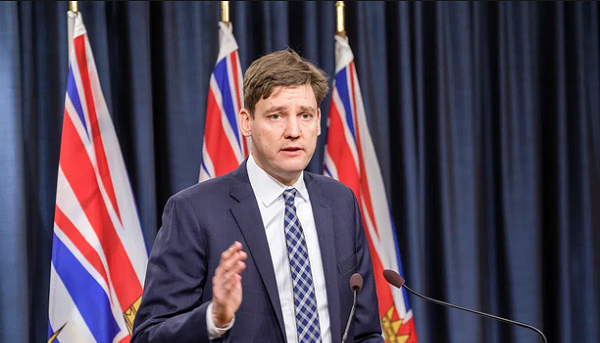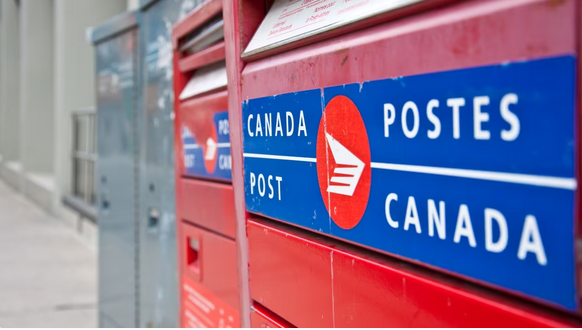British Columbia to slash numbers of international students for private institutions, while public institutions are shielded
British Columbia’s private colleges and universities will see their share of new international students slashed this year, while public postsecondary institutions will be shielded from reductions created by the federal cap on student visas.
Premier David Eby said Thursday that there is no need for a financial bailout for postsecondary schools in B.C. as in Ontario, which offered its institutions a $1.3-billion stability fund earlier this week to help absorb the loss of income from fewer foreign students. The two provinces have the largest share of study permits in Canada and are set to bear the brunt of Ottawa’s changes.
“What I can reassure British Columbians is, we are not Ontario. We have taken a different approach here around funding public postsecondary,” Mr. Eby said during a news conference.
More than 900,000 foreign students had visas to study in Canada last year, which is more than three times the number a decade ago. On Jan. 22, federal Immigration Minister Marc Miller imposed an immediate cap on the number of international study visas that it issues across the country, citing pressure on housing and social services from the growing number of foreign students in Canada.
In B.C., while individual institutions have not yet been provided with their precise share of the reduced quota, Mr. Eby said public postsecondary schools will maintain their current level of foreign students.
“They’ve operated responsibly, we’re able to ensure that they’re able to continue operating at the levels that they were before,” he said.
“For the private institutions, that’s not the case. They are going to be facing some reductions. Especially those that ran up their numbers quite dramatically in the last couple of years, (they) are going to see some fairly significant impacts.”
International students pay tuition fees, on average, five times higher than domestic students in B.C. and most institutions rely in some measure on those fees to help support operations. The University of Victoria, a public university, has already announced budget cuts in anticipation of losing foreign students this year.
Under the new rules, B.C. will be allowed to offer 83,000 study permit applications this year. Based on approval rates, that likely means 50,000 study permits will be issued.
Nikki Macdonald, president of the B.C. Association of Institutes and Universities, which represents public postsecondary institutions, welcomed Mr. Eby’s commitment on Thursday.
“We’re feeling the Premier has well understood the contribution that the public institutions are making, we’re really pleased with that,” she said in an interview.
But Dr. Macdonald’s said that, even with the quotas unchanged for her members, they are still struggling because the uncertainty around student visas has discouraged applicants this year.
“The federal policy changes have caused a real dampening effect on the international student applications to come to study in Canada and to study in B.C.,” she said. “We know we’re going to see a drop in international students as a result of the instability around that policy change.“
That will compound financial stress that was facing institutions even before the cap was announced, she said: “Even before the federal policy change, 19 of the 25 public postsecondary institutions were in a deficit situation.”
Both Ontario and B.C. have promised to crack down on so-called bad actors in the private postsecondary sector after Ottawa criticized the regulation of some schools, which is a provincial responsibility. Mr. Miller has decried private colleges for churning out foreign graduates like “puppy mills” and providing a subpar education.
However, a CBC News analysis of the data shows the increase in foreign students is disproportionately linked to a handful of schools, the vast bulk of them public institutions, predominantly in Ontario. B.C.’s University Canada West has the second-highest number of foreign students, while the rest of the top 10 are in Ontario.
University Canada West did not respond to a request for comment by deadline.
Still, public postsecondary institutions in B.C. have increased their reliance on lucrative foreign students. For the 2021-22 school year, the latest for which statistics are available, international students made up 27 per cent of the student body at the University of British Columbia, a 26-per-cent jump since 2016-17. At Langara College in Vancouver, international students make up 33 per cent, an increase of 58 per cent over the same period.
This article was reported by The Globe and Mail













